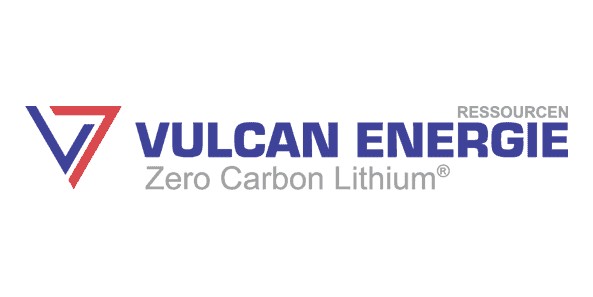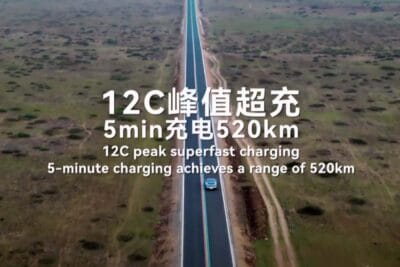Vulcan Energy presents first LHM sample and new plant in Germany
The German-Australian lithium producer Vulcan Energy announces that it has produced lithium hydroxide monohydrate using geothermal energy for the first time. The company also plans to move its planned central processing facility to the Höchst Chemical Park near Frankfurt.
Vulcan Energy – more precisely, its German subsidiary Vulkan Energie Ressourcen GmbH – wants to extract lithium in the Upper Rhine Graben. This will involve filtering lithium hydroxide from thermal water from geothermal plants. At the Insheim geothermal power plant, Vulcan Energy is working together with Pfalzwerke for this purpose. The first pilot plant of the zero-carbon lithium project is scheduled to go into operation at the end of 2021. According to data from the Federal Institute for Geosciences and Natural Resources (BGR) from the summer of 2020, the deep water in this region contains between 200 and 400 milligrams of lithium per litre – comparable levels to some salt lakes in South America.
According to Vulcan Energy, the first lithium hydroxide monohydrate (LHM) has now been extracted in a sorption pilot plant operated outside the Zero Carbon Lithium Project. The sample is said to “outperform conventional battery-grade LHM products”, including in terms of specifications required by customers. The company’s prominent major customers include Renault and South Korean battery manufacturer LG Energy Solution.
Vulcan managing director Dr Francis Wedin describes the LHM sample produced as a milestone in the development of the Zero Carbon Lithium project. “We will continue to methodically progress, de-risk and execute on our plan to build a fully integrated renewable energy and battery-quality lithium chemicals project in Europe (…). The team is working towards what is likely to be the first raw materials project with net zero greenhouse gas emissions in the world.”
Meanwhile, Vulcan also announces it will locate its planned central lithium hydroxide plant for the Zero Carbon Lithium Project at the Höchst Chemical Park just outside Frankfurt. The plant will serve as a central location where the lithium chloride from several combined geothermal and sorption plants will be processed into lithium hydroxide monohydrate. From Höchst, the material will then be transported to European customers in the battery and electric car industries.
Francis Wedin describes securing a site for the lithium hydroxide plant as an important step. “What’s good is that the site offers transport options from our nearby project areas as well as the use of renewable energy to run the proposed plant.”
Vulcan is aiming to start commercial lithium extraction in Germany in 2024. The first stage is expected to result in an output of 15,000 tonnes of lithium hydroxide per year. The second stage of expansion, starting in 2025, envisages an annual capacity of an additional 25,000 tonnes. Vulcan could then produce a total of 40,000 tonnes of lithium hydroxide per year.
cdn-api.markitdigital.com (lithium hydroxide), cdn-api.markitdigital.com (plant in Höchst)





1 Comment